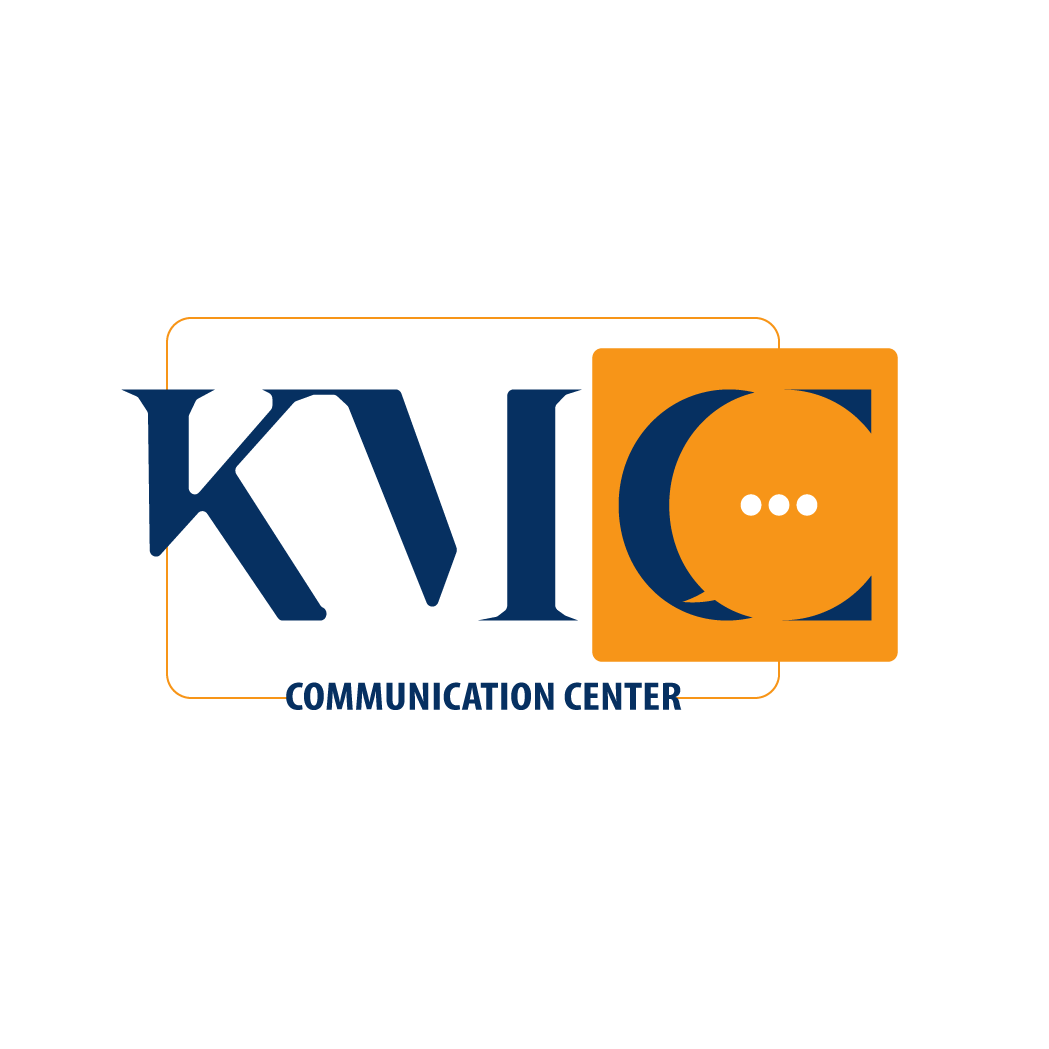
Is ACCA Still Relevant in 2025 & Beyond?
The selection of an appropriate professional qualification is a crucial move to be made by any person planning a career in the accounting or finance field.
Having numerous alternatives in the modern world, students and professionals tend to question the relevance of such traditional certifications as ACCA (Association of Chartered Certified Accountants).
This blog will discuss why ACCA is relevant in the year 2025 and further, its relevance to the world and Nepal, the career opportunities that ACCA can provide, the skills that you will acquire, and the challenges and rewards that can be expected.
At the end, you would get a clear picture of whether you are on the right track to achieving your career aspirations by taking ACCA or not.
Learn How to Crack CAP-I in the First Attempt: Tips and Study Plan
What is ACCA?
The Association of Chartered Certified Accountants, or ACCA, is an internationally recognized professional qualification in accounting.
It provides one with the skills in accounting, auditing, taxation, financial management, and business strategy.
The qualification aims to equip professionals to work in both the corporate and financial sectors and assist them in assuming duties such as accounts management, financial performance analysis, and strategic business decisions.
ACCA enjoys international popularity, which implies that the graduates can work not just in Nepal but also in other countries.
It has a flexible structure that has enabled students to study and work, a factor that makes it a viable option for students who want to have a professional accounting career.
The ACCA program covers a range of subjects and practical skills across multiple levels.
Key areas include:
- Financial Accounting and Management Accounting – helps in developing ideas regarding financial statements and cost control
- Taxation and Audit – ensures that the individual understands tax regulations, auditing principles, and compliance.
- Corporate and Business Law – involves educating about legal aspects of business operations and governance.
- Financial Reporting and Analysis – teaches how to prepare reports and analyze company performance.
- Strategic Business Leadership – encourages the development of skills like decision-making, risk management, and corporate strategy.
Global and Local Relevance of ACCA in 2025 and Beyond
ACCA is still one of the most accepted and esteemed accounting qualifications in the world.
Its applicability is still relevant in 2025 and beyond because it has international recognition, flexibility, and the ability to keep up with the changing business requirements.
Employers in industries are appreciating the ACCA-qualified professionals due to their skills in accounting, auditing, taxation, and financial management.
The ACCA graduates are marketable worldwide in multinational firms, banks, consulting firms, and financial institutions.
The qualification also provides international flexibility of working in such countries as the UK, UAE, Singapore, or Australia.
The need for ACCA professionals is increasing in Nepal with the growth of corporate firms, banks, auditing firms, and multinational corporations.
The fact that ACCA-qualified employees are more accurate in managing finances, making sure that the organization complies, and aiding in strategic decision-making makes organizations value them.
Also, ACCA follows the trends within the industry and includes in its study syllabus digital accounting, automation, sustainability, and ethics.
This will see ACCA professionals not become obsolete in the ever-evolving financial landscape, and the qualification is a good fit for a student and professional seeking local and global career opportunities.
Read more about Career Scope After a Bachelor of Architecture in Nepal
Career Opportunities and Potential Income After ACCA
ACCA is not only a professional qualification, but it also opens the door to an extensive selection of career options in the fields of accounting, finance, and management.
If you plan on working in a multinational company, a local firm, a bank, or even to run your own consultancy, ACCA will provide the knowledge and authority to do it.
Graduates usually ask, What sort of jobs can they possibly find, and what sort of money can they expect to get.
The response varies depending on the different experiences, specializations, and industries of choice.
To have a clear picture, here is a breakdown of common positions and approximate income in Nepal:
Role / Position | What It Involves | Approximate Income in Nepal |
Financial Accountant | Managing company accounts, preparing financial statements, and ensuring accuracy. | NPR 30,000 – 50,000 (entry); up to 100,000+ with experience |
Auditor | Conducting audits, checking compliance with laws and standards, and advising clients. | NPR 35,000 – 55,000 (entry); up to 120,000+ with seniority |
Tax Consultant | Preparing tax returns, advising on tax planning and compliance. | NPR 30,000 – 50,000 (entry); higher for experienced consultants |
Financial Analyst | Analyzing financial data, preparing reports, and supporting decision-making. | NPR 35,000 – 60,000 (entry); up to 120,000+ with experience |
Management Accountant | Budgeting, cost control, and assisting management in strategic decisions. | NPR 35,000 – 60,000 (entry); up to 100,000+ with seniority |
Risk Manager / CFO | Overseeing financial strategy, risk assessment, and corporate financial planning. | NPR 80,000 – 150,000+, depending on company size |
Entrepreneur / Freelancer | Offering consultancy services independently or starting finance-related ventures. | Highly variable; potential to earn more than salaried roles |
These functions underscore the multiplicity of opportunities that ACCA presents.
It is possible to begin with entry-level and then move up to senior roles (as Chief Financial Officer or Risk Manager), depending on experience and capabilities.
The good thing about ACCA is that it is globally recognized, hence your career is not confined to Nepal.
Most professionals tend to acquire experience in the local area and subsequently venture into other countries with great emphasis on ACCA, particularly in the countries that value it most.
Simultaneously, ACCA offers the chance to work across various industries, including such types as corporate companies and banks, non-profits, and state agencies.
Others go as far as to use their ACCA qualification to begin from independent consultancy or freelance work in order to have freedom and control in the career route they take.
Learn more about BSc.Agriculture v/s Diploma in Agriculture: A Comparative Guide
ACCA in the Modern Workplace and Career Growth
In the modern competitive business world, which is dynamic, ACCA-qualified professionals are in very high demand in various businesses.
Their training provides them with a combination of technical knowledge, analytical capability, and business knowledge that will be of great value well beyond doing conventional accounting tasks.
Businesses are not paying ACCA graduates to keep financial books, but trust them to make strategic decisions, to consult on risks, and to plan a business, and this aspect has contributed to the overall success of the business.
The use of ACCA professionals in the banking industry is confidence that they will provide assets for analyzing and lending assessment, regulatory compliance, with controlling internal auditing.
Their expertise enables the banks to efficiently run and maintain the national and international financial policies.
The graduates of ACCA in the field of corporate finance, process of budgeting, forecasting, and financial reporting of organizations, to facilitate making an informed decision based on data.
In association with the management, they usually undertake their work together to estimate investments, resource management, and the formulation of financial strategies, which facilitate business evolution.
The ability of ACCA professionals to evaluate the financials of the solution or organization and give a strategic recommendation to them is valuable in consulting firms to suggest any form of improvements in the operations and compliance options of the organization that has outsourced the services of the consultancy firm.
Their cognitive skills and business understanding enable them to make significant contributions when it comes to most projects, such as acquisitions and mergers, to restructuring a company.
ACCA graduates in the field of auditing and risk management ensure that organizations adhere to laws and regulations, as they outline possible dangers and solutions to the problems.
Their professional knowledge in governance, ethics, and financial standards aids in instilling faith and accountability in organizations.
ACCA skills are becoming popular in entrepreneurship and project management, as well as in international business, even when there are no explicit job opportunities in the field of finance and accounting.
Financial literacy and planning skills, or the capabilities to evaluate risk Mastery.
The ACCA role of providing financial literacy and planning skills, coupled with risk assessment skills, is important in starting and developing successful ventures with an entrepreneur.
ACCA professionals are valued by multinationals as they enjoy worldwide recognition, enabling them to easily integrate and work in any part of the world.
Key Takeaways:
- ACCA is applicable in various industries such as banking, corporate finance, consulting, auditing, risk management, and entrepreneurship.
- Graduates are involved in strategic decision-making, financial planning, as well as business analysis.
- In contemporary workplaces, ACAA qualifications with skills in compliance, governance, and ethics receive great consent.
- They are trained to employ digital technologies, data analytics, and reporting software, which are critical in the modern environment of the technological revolution.
- The career offerings are either at the lower end or at the top management level, e.g., CFO, financial consultant, or risk manager.
- ACCA is an internationally recognized qualification that allows its professionals to work on a local or global level.
Read more about BSc. CSIT or BCA – Which Is Better for an IT Career in Nepal?
Skills You Gain Through ACCA
ACCA equips you with soft and professional skills that are valuable not only within the accounting and finance field but beyond these fields:
- Communication – Communicate ideas and work effectively with teams.
- Problem-Solving – Evaluate problems and challenges to come up with strategic decisions.
- Leadership and Teamwork – Lead teams while managing tasks, and take initiative.
- Time Management – Work efficiently even when under pressure.
- Adaptability – Adapt and adjust quickly to changing environments.
- Ethics and Professionalism – Become responsible and develop respect for rules and ethical concerns.
- Analytical Thinking – Critically evaluate and interpret data for better understanding and outcomes.
Why ACCA Stands Out in 2025?
ACCA continues to be a most applicable qualification in 2025, and further because of its global relevance and appreciation by any industry.
It also instills in the professionals competencies of financial management, strategic decision-making, compliance, and digital reporting, which are needed in modern workplaces.
Career flexibility and growth are also provided by the qualification, starting at the more basic levels, to more senior jobs, such as CFO or financial consultant.
On its part, ACCA has brought about credibility, skills, and opportunities to succeed in the current competitive environment of the financial world due to its emphasis on ethics, professionalism, and flexibility.

























